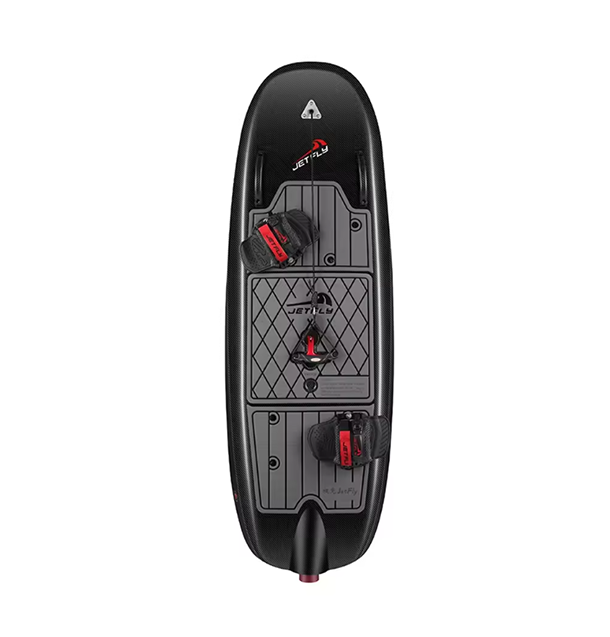While electric fin surfboards offer a unique and exciting way to enjoy the water, there are several considerations that might lead someone to decide against purchasing one. Here are some reasons why you might not want to go for an electric fin surfboard:
![Why You Should Not Go To Electric Fin Surfboard]()
1.Cost: Electric fin surfboards can be quite expensive, especially when compared to traditional surfboards. The initial investment, including the board, battery, and charger, can be a significant financial commitment.
2.Maintenance: These boards require regular maintenance, including battery charging and checking the motor and other electronic components. This can be more complex and costly than maintaining a traditional surfboard.
3.Skill Level: If you're a beginner, an electric fin surfboard might not be the best choice. It's important to have a good understanding of surfing techniques and water safety before using an electric board.
4.Environmental Impact: While electric boards are generally considered more environmentally friendly than gas-powered watercraft, they still have an environmental footprint. The production and disposal of batteries can have negative impacts on the environment.
5.Limited Availability: Not all water bodies are suitable for electric fin surfboards. They may not be allowed in certain areas due to regulations or environmental concerns, limiting where you can use them.
6.Learning Curve: Even with the electric assist, there is still a learning curve to riding an electric fin surfboard. It takes time to get used to the board and the controls, which might not be ideal for those looking for instant gratification.
7.Dependence on Technology: Electric fin surfboards rely on technology, which can fail. If the battery dies or the motor malfunctions, you could be left stranded in the water.
8.Noise: Some electric fin surfboards can be noisy, which might not be ideal for those who prefer a more serene experience on the water.
9.Limited Range: The battery life of electric fin surfboards can be limited, which means you might not be able to spend as much time on the water as you would with a traditional surfboard.
10.Weight and Portability: Electric fin surfboards can be heavier and bulkier than traditional surfboards, making them more difficult to transport and store.
11.Safety Concerns: There are safety concerns associated with any watercraft, and electric fin surfboards are no exception. It's important to be aware of these risks and take appropriate safety measures.
12.Learning Curve: As with any new technology, there is a learning curve to using an electric fin surfboard. This might not be suitable for those who prefer simplicity or are not comfortable with technology.
13.Limited Customization: Electric fin surfboards may have limited customization options compared to traditional surfboards, which can be a drawback for those who like to personalize their equipment.
14.Dependence on Charging Infrastructure: The availability of charging stations can be limited, which might restrict where and when you can use your electric fin surfboard.
15.Potential for Obsolescence: As technology advances, there's a risk that your electric fin surfboard could become outdated relatively quickly, requiring upgrades or replacements.
It's important to weigh these considerations against the benefits of electric fin surfboards, such as their eco-friendliness, ease of use, and the ability to ride in conditions where traditional surfing might not be possible. If you're still interested in electric surfboards, consider renting one for a trial period to see if it meets your needs and expectations before making a purchase.


